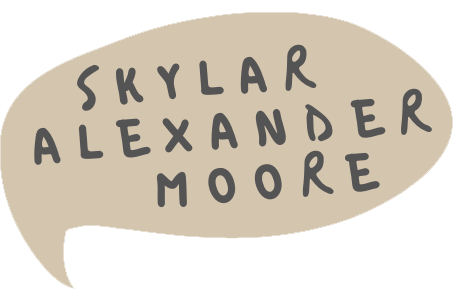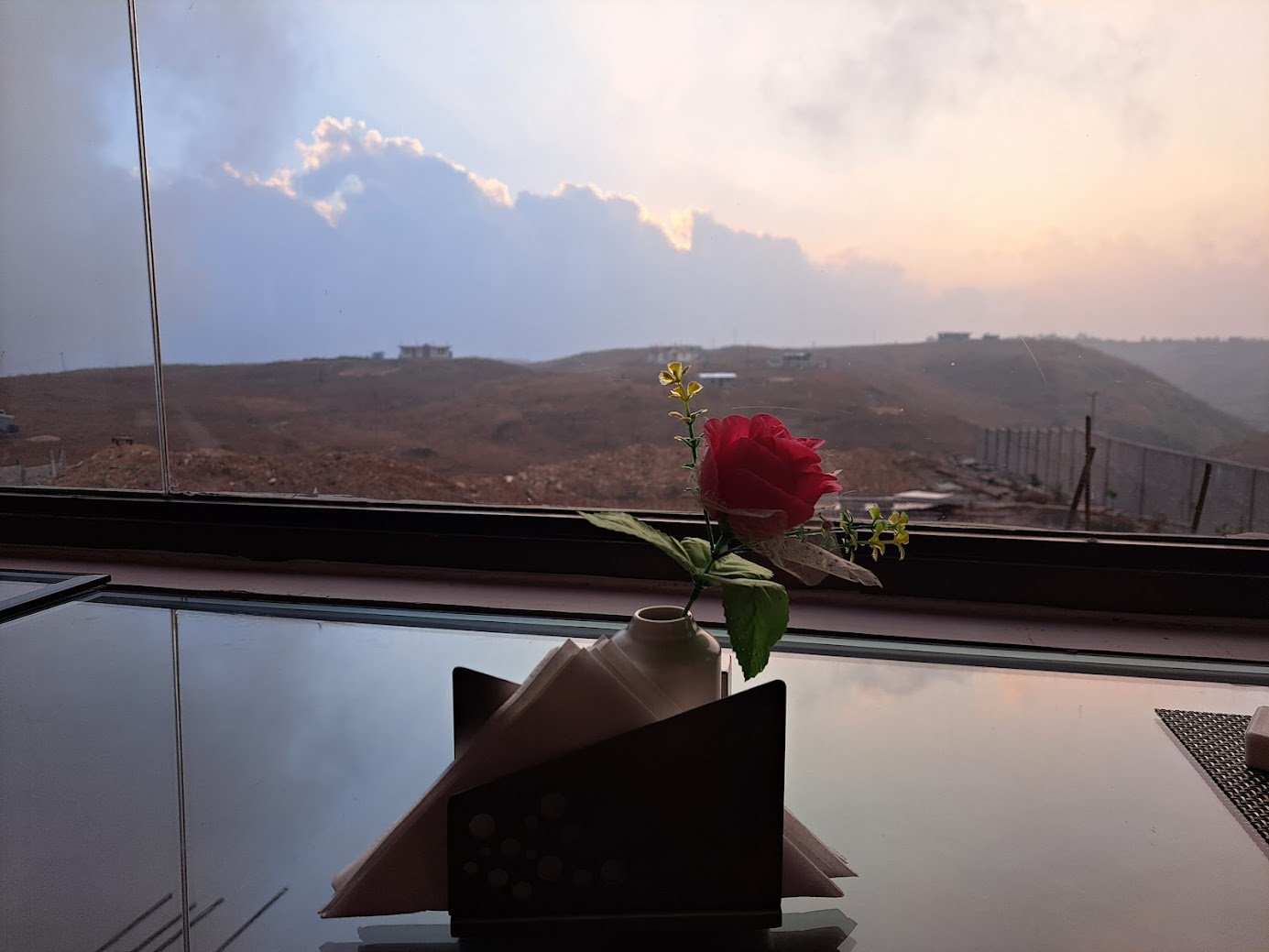Experiments in Rediscovering How to Remember
Sunset in the countryside of Meghalaya, India.
I have been struggling to write… basically anything since I moved away from Iowa City in 2020. Certainly some degree of this “writer’s block” came from the paralytic terror of living through a global pandemic, but part of it likely too came from moving to a place where I became the only writer I know. I‘m fairly convinced that living in Iowa City, ~tHe HoMe oF LiTeRaTuRe~ is the primary reason I was able to write enough material to constitute a book, and without the community I found there and in the Quad Cities, I am struggling to produce work. It’s therefore not a surprise to me that the only place I’ve been productive as a writer in the last couple of years was in Iowa, where I spent a large chunk of last fall, in the company of writers.
To add more fuel to the fire (or perhaps more water to the fire would be a better metaphor), after traveling and falling ill in India, I learned that I had a severe vitamin B12 deficiency — which affected my brain and its ability to think clearly in profound and measurable ways, not the least of which was I lost the ability to have the kind of sustained attention necessary for writing (or doing anything else). As I am in the process of recovering from this, I wanted to share how I’m finding writing again after losing it for so long.
As such, I devoted this past week to two experiments in rebuilding my ability to remember and commit words to a page. I write about my experiments, their results, and my takeaways below.
Experiment 1: Play with Speech-To-Text
Inspired by advice from a friend, I tried to utilize the speech-to-text feature on Microsoft Word to just talk through ideas I had taken notes on. I then ran the raw document through Chat GPT to add proper punctuation and spelling, since the software was unable to process punctuation even if it was dictated to it.
Comparing the two documents, I noticed Chat GPT removed any personality/flair from how I had said things — which is a widely-reported problem of Chat GPT. But as long as I compared the raw text to the revised text and wrote my personality back in, I was able to create a reasonable facsimile of my ideas.
Results:
I'm not sure I love this method of journaling/idea-making, but I think it could work as a valid alternative when the idea of writing — especially journaling — feels like too much. I also feel weird journaling out loud when there are other people in the house; not sure what the solution there is to this, either.
Experiment 2: Take Notes During Conversations
To do this, I started keeping a notebook and pen handy whenever I sat down for a conversation (over the phone, Zoom, or in person).
To encourage more interesting conversations, I started watching mico-documentaries with my husband during dinner for about a month, then discussed and took notes on our takeaways, remaining questions, connections we made to the content, etc. We learned a lot about fast fashion, viscose, crystals, neuroticism, antifragility, etc.
Sometimes, I would go and look deeper into a topic in a documentary and do a deep delve, taking notes along the way. I would then force my husband to listen to me as I dictated my understanding of the notes I had taken back to him, and then took notes again on the ideas that my original notes inspired him to share.
Results:
I now have several pages of ideas and notes mixed together in a physical notebook; having it all on the page meant I could literally start drawing connections between ideas, quotes, notes, etc. I realized this mirrors the mental process of making connections between a lot of disparate ideas that fuels my style of writing, thus making actual writing easier — a way of shaking off the rust.
Here are some highlights from my notes:
Takeaways
I had more or less stopped taking notes of any kind after finishing graduate school last year, but taking notes again this past week reminded me of why note-taking is such an essential part of learning and forming new memories/connections. I've been reading about the cognitive science behind memory formation, and this reminded me that writing something down can help you remember it better (a bit of a no-brainer, I know, but because of my recent illness, I had a bit of a case of no-brain). This makes me think that part of the problem preventing me from writing was the removal of this step from my creative process.
Conversations are ephemeral — they're supposed to disappear into the ether, but as a writer (and as a human who struggles like hell with forming lasting memories), it feels important to hold onto new ideas or experiences by any and all means. When we don’t take time to document the ideas we create in collaboration, they’re lost.
I used to be an avid journaler, but have lost the practice. However, I don’t think dication is the way for me — at least not while living with other people. I think finding a way to use this while driving long distances might be a good tool for the arsenal, though. I’m going to continue to experiment with journaling in different ways and see if I can’t find my way back to recording my life in a consistent way.
Who wrote this post?
Skylar Alexander is the author of Searching for Petco (Forklift Books, 2022; edited by Matt Hart), a book which the poet Adam Fell called “a mutant blast radius of righteous Midwestern anger and tender observation.” Her writing has appeared in many places, including Cutbank, Smokelong Quarterly, Hobart, and Forklift, Ohio. She studied English and Entrepreneurial Management at the University of Iowa and recently received her Master's in Education from NYU. A book designer and teacher, her home base is just across the Hudson from NYC.
But enough about me. What about you?
Have you tried any of the methods I’ve talked about above? What were your results? Or maybe you have your own methods to remember that you’d like to share. Let me know in the comments below.







